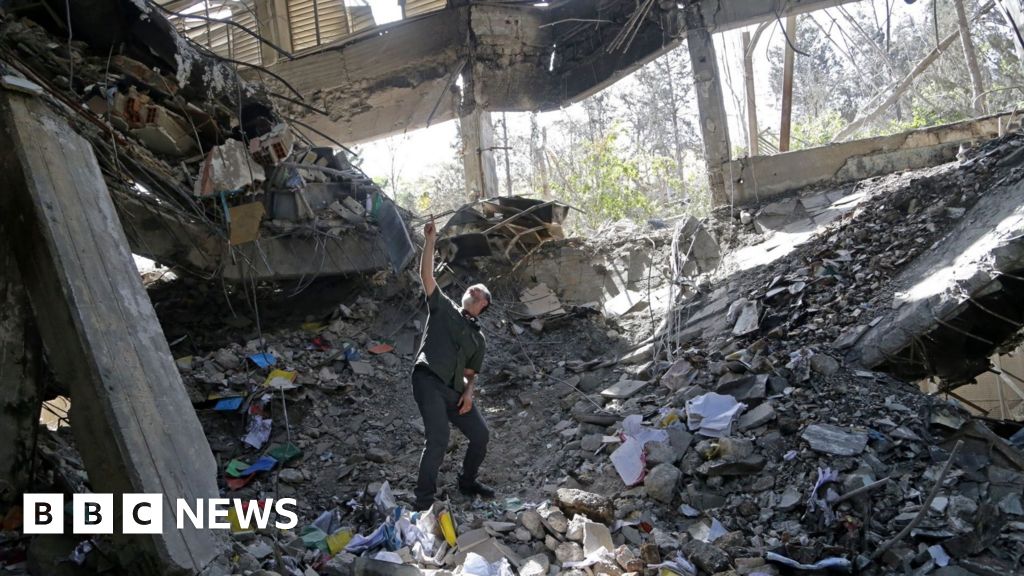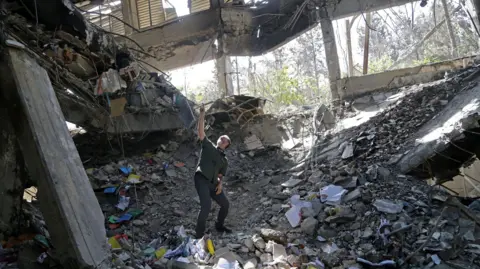In a shocking revelation, police officers involved in President Nayib Bukele’s extensive crackdown on gangs in El Salvador have admitted that they frequently arrested individuals based on minimal or nonexistent evidence, often motivated by local rumors. While families of the arrested have long claimed that innocent people were unjustly caught in the government’s sweep, verified statements from nearly a dozen officers now corroborate these assertions.
The Human Rights Watch report released this week uncovered the immense pressure officers experienced to meet stringent arrest quotas. This policy was instituted following Bukele’s declaration of a state of emergency in 2022, which has continued to drive mass arrests in the country. Alongside the testimonies of three officers who directly spoke to The New York Times, statements from the leader of a police advocacy group further emphasize the troubling nature of these quotas.
Bukele's aggressive actions initially led to a significant decline in gang violence, positioning El Salvador as one of the safest nations in Central America. This transformation garnered international attention, notably from the White House, where Bukele highlighted his success as a victory against crime. However, the officers' admission suggests that the dramatic reduction in crime rates is tinged with a deep sense of injustice, as many were detained due to arbitrary decisions fueled by fear of repercussions for police officers themselves, who risked being labeled as gang associates if they failed to comply with sweeping orders.
As El Salvador grapples with the ramifications of these policies, the question remains: at what cost has this crackdown on crime come, and who will be held accountable for the human rights violations that have reportedly occurred? The societal impact of such mass incarcerations continues to unfold, revealing the complexities behind Bukele's drastic measures and their implications for justice in the nation.



















